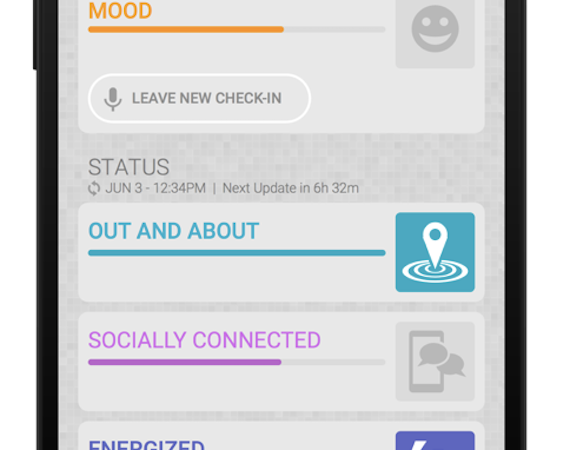Posted on Sat 23 Mar 2019
Sentiment Analysis is all around
‘Sentiment Honk’ is a reaction to the neural networks embedded in software which make decisions about the emotional timbre of our words. Here are three examples of current applications of sentiment analysis to set the scene

Posted by

Rachel Smith
Rachel is a multidisciplinary installation artist. Her main interests lie in the relationship between humans and machines and her work has a particular focus on the hidden decision making processes found in artificial intelligence. She recently graduated from the Bauhaus University in Weimar,…Project

Sentiment Honk
‘Sentiment Honk’ is sensitive to negativity. Having a conversation nearby may lead to a series of interruptions or nudges, indicative of the tone of your words.‘Sentiment Honk’ is a reaction to the neural networks embedded in software which make decisions about the emotional timbre of our words. Here are three examples of current applications of sentiment analysis to set the scene.
Cogito
Cogito is a service offered to call centres which helps employees to ‘display empathy and enhance efficiency’. It not only analyses the transcript of the call but also the volume, speed and length of pauses as well as levels of compassion and fatigue in the voice of the call centre agent. In the form of pop-up notifications, Cogito may prompt you to adjust your tone, show more empathy or give you a mini pep talk such as ‘You sound tense. Smile, this is going to be a great call!’ A score for sentiment (out of ten) is assigned to the call and continually updates. Supervisors are alerted to low scores and can choose to listen in or intervene.
Video from Cogito
‘Voice-based determination of physical and emotional characteristics of users’ in Amazon’s Alexa
In October 2018, Amazon issued a patent titled ‘Voice-based determination of physical and emotional characteristics’ which would analyse the tone and chosen words of the user to check for abnormalities and assign emotional tags. An advertiser would then be able to choose which tags their advert is played for, targeting specific emotional states or illnesses. In one example listed in the patent, a conversation may go as follows,
‘Alexa, what’s the weather today?’
’Today you can expect snow showers, with a high of 32 degrees, and a low of 20 degrees. By the way, I hear you have a soar throat, are you interested in buying cough medicine or learning more?’

Image from United States Patent 10,096,319
Companion Mx
Companion Mx is a mental healthcare app which acts as an aid to monitor changes in mood. It is made by the same company as ‘Cogito’ and asks the user to regularly record themselves speaking in the form of ‘check-ins’. It will then perform a mood analysis based on the tone of voice and chosen words under the categories of ‘depressed mood’, ‘diminished interest’, (social) ‘avoidance’ and ‘fatigue. The idea is that both the patient and their healthcare practitioner would have access to these scores, increasing the chance of preventative treatment and claiming to reduce the cost of mental healthcare.

Image from Companion Mx